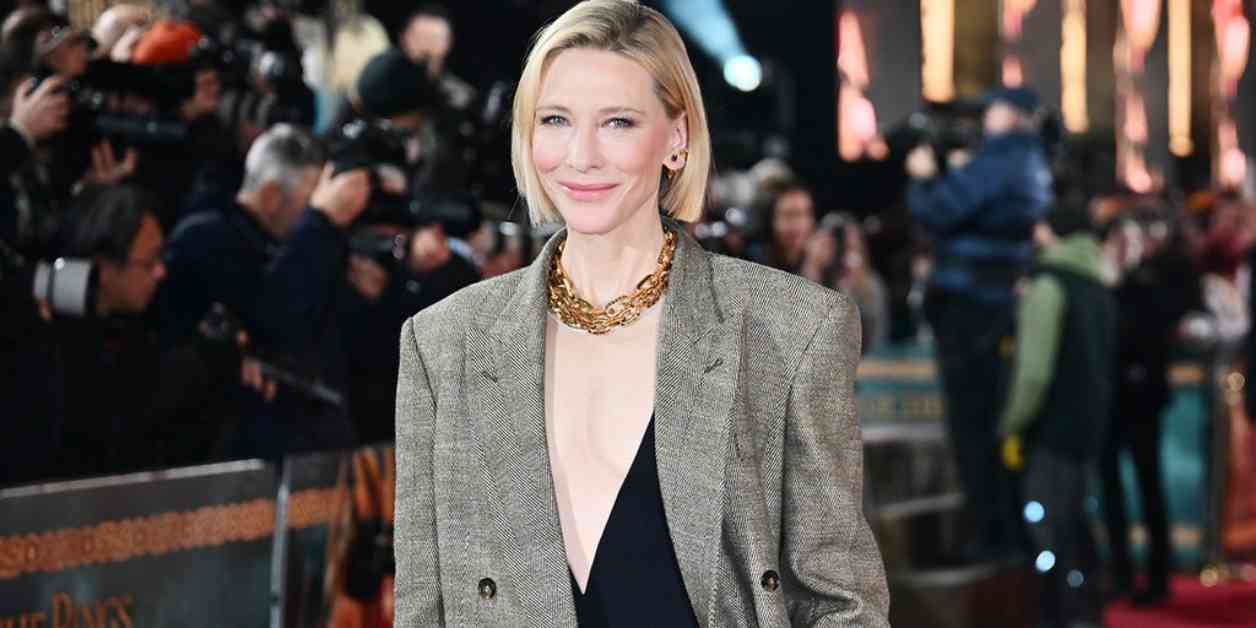Cate Blanchett’s Concerns About AI in Hollywood
In a recent interview with the BBC, acclaimed actress Cate Blanchett expressed deep concerns about the impact of artificial intelligence (AI) on the entertainment industry and beyond. The Oscar-winning star revealed that the rise of AI technology, including robots and driverless cars, has left her feeling apprehensive about its implications for society at large. Blanchett emphasized that while she is less worried about AI’s effects on her own career, she is more concerned about how it will impact the average person.
The Threat of AI in Hollywood
Blanchett’s fears come amid growing apprehension within the acting community regarding the potential consequences of AI on the film and television industry. The actress highlighted the ability of AI to replicate voices and likenesses, raising the specter of digital replicas replacing human actors. She underscored the dual nature of AI, acknowledging its capacity for creativity while warning of its potentially destructive consequences.
Partnership Between CAA and YouTube
Blanchett’s agency, Creative Artists Agency (CAA), recently announced a groundbreaking partnership with YouTube aimed at monitoring AI-generated content featuring actors’ likenesses. The collaboration seeks to empower artists to protect their digital identities and exercise greater control over how their images are used in AI-generated materials. CAA’s involvement reflects a broader industry effort to address the ethical and legal challenges posed by AI technology.
Challenges Faced by Actors
Blanchett’s concerns are shared by other actors who have encountered issues with unauthorized use of their voices and likenesses in AI-generated content. High-profile cases, such as Scarlett Johansson’s legal action against OpenAI over the unauthorized replication of her voice, underscore the need for robust protections for artists in the digital age. Actors like Tom Hanks have also spoken out against the misuse of their images in AI-generated advertisements, highlighting the importance of safeguarding talent rights in an increasingly automated landscape.
As the entertainment industry grapples with the transformative impact of AI, Blanchett’s candid reflections shed light on the complex ethical and practical considerations facing actors in the digital era. The partnership between CAA and YouTube represents a significant step towards empowering artists and preserving the integrity of their craft in the face of evolving technological challenges. In a world where the boundaries between reality and simulation are increasingly blurred, Blanchett’s concerns serve as a poignant reminder of the urgent need to safeguard creativity and autonomy in the age of artificial intelligence.


